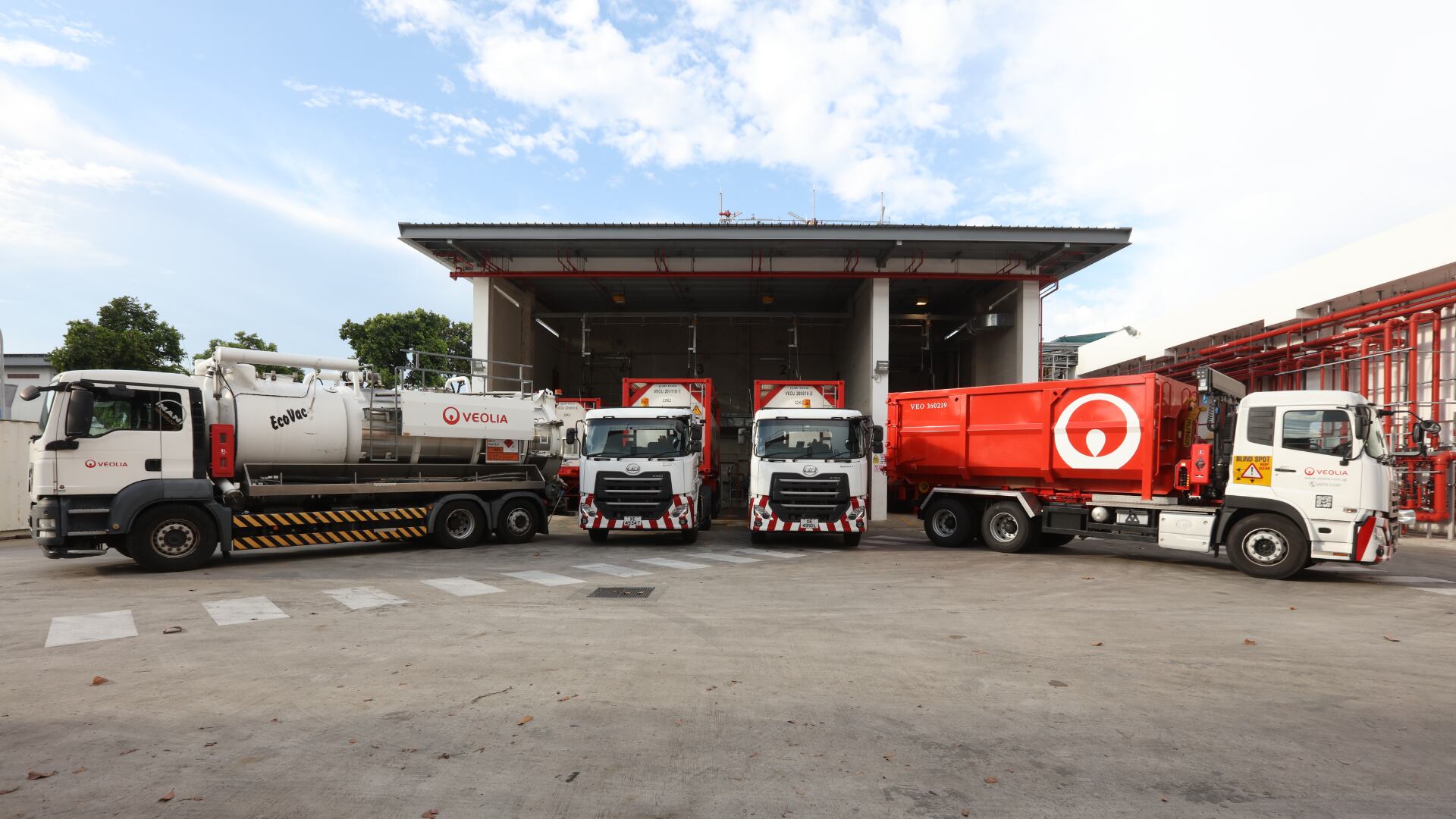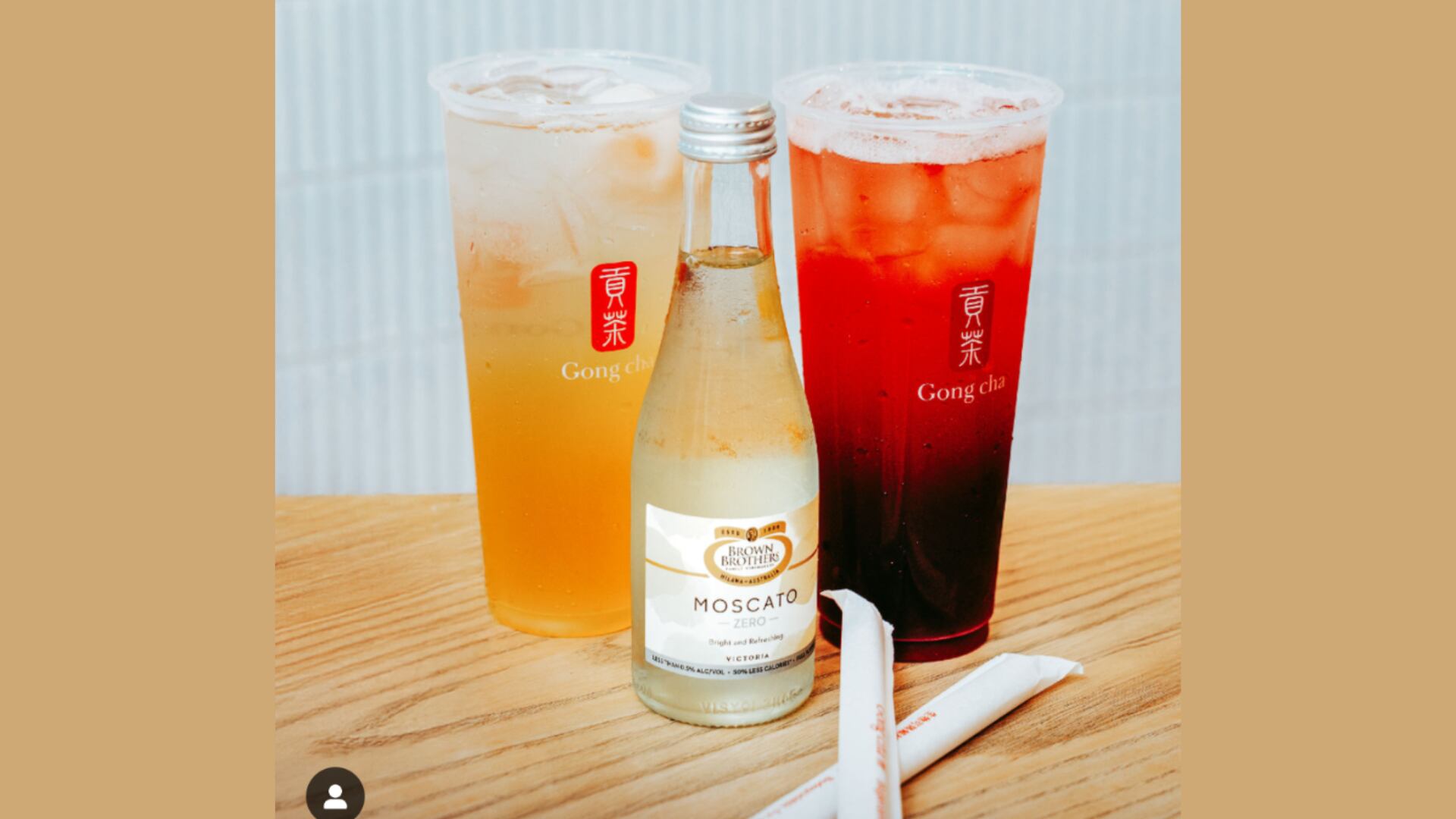A key summary of the economics of Malaysia’s beer industry
- The beer industry in Malaysia contributed an average of RM7.1bn (US$1.68bn) annually to the economy between 2022 and 2023.
- This contribution equals 0.4% of Malaysia’s GDP, nearly double the RM3.7bn (US$7.2m) recorded in 2016.
- The sector paid RM3.3bn(US$782.5m) in taxes annually, accounting for 1.5% of total national tax revenue.
- Illicit alcohol trade remains a major issue, driven by Malaysia’s second-highest global beer excise rate.
- With national debt at US$279.1bn, the government cannot afford to overlook the beer sector’s fiscal and employment contributions.
The beer sector has faced its fair share of challenges in Malaysia over the years due to the latter’s stance as a Muslim-majority market, not to mention impacts of the COVID-19 pandemic and ongoing geopolitical conflicts.
Some key issues include the rise of illicit alcohol due to high alcohol taxes, and facing pushback in the zero-alcohol beer scene from religious leaders.
Despite these challenges, a new study commissioned by the Confederation of Malaysian Brewers Berhad (CMBB) – a body that comprises Carlsberg Malaysia and Heineken Malaysia – has put the spotlight on beer’s major contribution to the local economy.
“Between 2022 and 2023, CMBB contributed an average of RM7.1bn (US$1.68bn) annually to the Malaysian economy through salaries, taxes, and profits. This was equivalent to 0.4% of the national gross domestic product (GDP) and grew close to double the contribution seen just a few years back in 2016 which was RM3.7bn (US$877.2m),” CMBB announced via a formal statement.
“In terms of fiscal contribution, CMBB contributed an average of RM3.3bn (US$782.5m) in taxes per year, representing 1.5% of Malaysia’s total tax revenue the same period.”
Given Malaysia’s national government debt stands at some US$279.1bn as of December 2024, according to economic data analytics firm CEIC, this fiscal contribution is not an amount that the government can afford to turn its nose up against.
“Brewers are significant contributors to Malaysia’s economy – not only through taxes but also by driving employment and industrial activity across manufacturing, logistics, retail, and hospitality sectors,” said both Carlsberg Brewery Malaysia MD Stefano Clini and Heineken Malaysia MD Martijn van Keulen.
“CMBB also emphasises that it is essential to maintain excise duty rates and robust enforcement in order to curb illicit alcohol trade in the country, which will prevent government revenue leakages.”
Illicit alcohol trade in Malaysia
Illicit and smuggled alcohol is one of the biggest challenges faced by the local beer sector, largely driven by high alcohol prices in the country which are in turn the result of high tax rates and other economic factors.
According to CMBB data, Malaysia’s excise rate on beer is the second-highest in the world at EUR40 (US$46.52) per litre alongside Singapore and behind Norway (EUR55/US$63.96 per litre) – but purchasing power in Malaysia is far lower than these other two markets.
Tax rates for beer are also higher than that of alcoholic drinks with higher ABV – Beer is taxed RM1.75 (US$0.41) per degree of alcohol compared to blended hard liquor for example, which is taxed RM0.60 (US$0.14) per degree of alcohol.
“Malaysia stands out as already having one of the highest beer tax rates globally, and any further increase in beer excise duty will widen the price gap between legal and illegal alcohol, making cheaper illicit beer more attractive,” they said.
“This increase would fuel the illicit alcohol trade and negatively impact legitimate businesses and thousands of Malaysian jobs, which in turn could jeopardize the government’s revenue collection.”
Smuggled alcohol is a particularly big issue in East Malaysia, not only from a financial perspective but also a food safety one as this illicit alcohol is usually unregulated and does not go through quality checks.
“Strategic enforcement action, not added taxation, is key to protecting the interests of the nation, the brewing industry, and its entire value chain in Malaysia,” said the CMBB.





